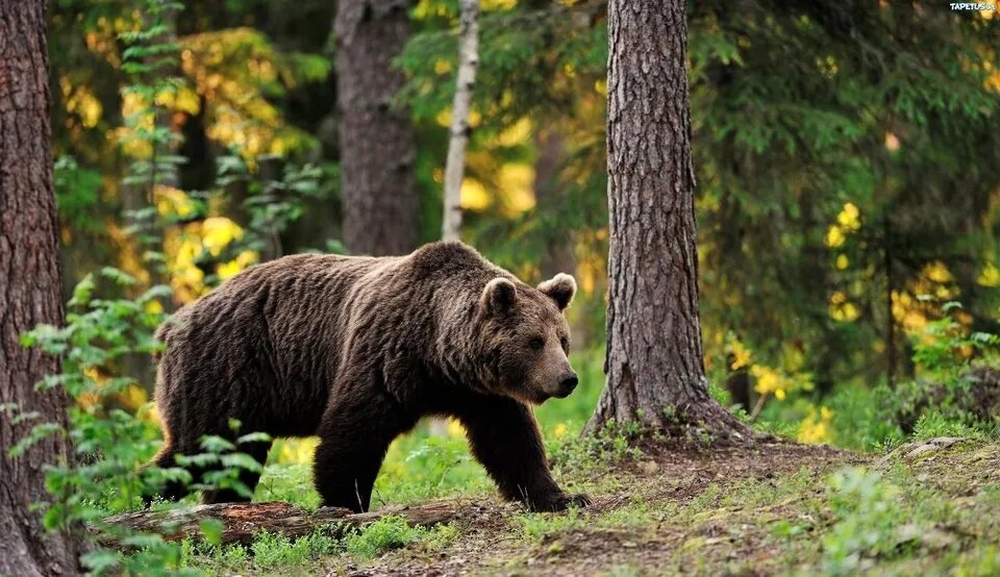Record-Breaking Bear Attacks on Humans in Japan: A Disturbing Trend
Unprecedented Statistics:
Between January and July of this year, Japanese authorities recorded 54 bear attacks on humans, marking a record high since the data was first collected in 2007.
Hotspots of Attacks:
The majority of these incidents occurred in Hokkaido, the northernmost island of Japan, as well as the main Japanese island of Honshu.
Varying Degrees of Injuries:
According to the Asahi newspaper, all attacks resulted in varying degrees of injuries, but fortunately, there have been no fatalities reported.
Previous Record:
The previous record was set in 2010 when bears launched 37 attacks on humans between January and July.
Expanding Territory:
While these incidents primarily occur in mountainous forest areas, predators have recently started venturing into populated regions.
Food Scarcity as a Cause:
Experts attribute the surge in attacks this year to a scarcity of acorns and wild chestnuts, which are crucial components of the bears' diet. This scarcity forces them to search for food waste in residential areas.
Conclusion:
The alarming increase in bear attacks on humans in Japan has raised concerns and prompted authorities to take measures to ensure public safety. As the search for food becomes more challenging for bears, it is essential to find sustainable solutions to mitigate encounters between humans and these wild animals.



